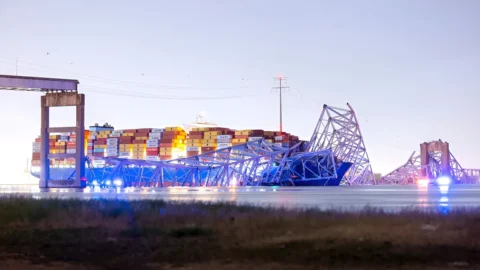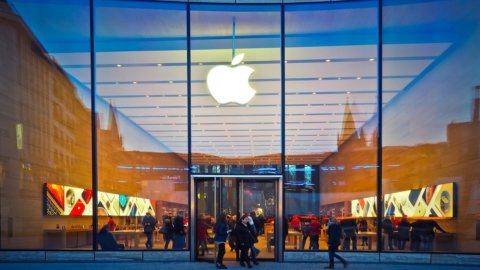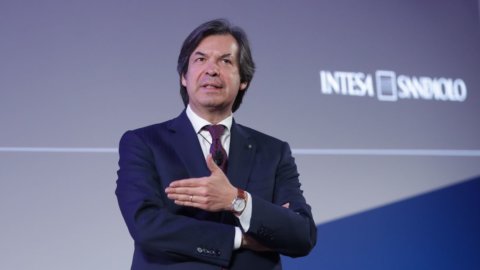Does Parmigiano Reggiano become French? No, fortunately not, given that the Protected Designation of Origin (PDO) anchors it in Italy and establishes strict production rules that cannot be modified, especially regarding cow feed and the prohibition of additives. It sure is though the purchase by the French giant Lactalis of Nuova Castelli, a company specializing in PDO cheeses including Parmigiano Reggiano but also buffalo mozzarella from Campania and gorgonzola, has literally shocked the market and aroused many concerns among Italian consumers.
The announcement came yesterday, May 29th. The Lactalis Italia group has made it known that it has reached an agreement to take over the entire share capital of Nuova Castelli spa, approximately 80% held by the English investment fund Charterhouse Capital Partner and the remaining 20% by other shareholders
Lactalis beat the competition from the Italian Granarolo and other private equity groups. The value of the transaction is not known at the moment, but according to rumors the deal would have closed for a figure of around 270 million euros.
Nuova Castelli operates with 13 production sites in Italy and 3 abroad. In 2018 it achieved a turnover of 460 million euros, of which about 70% thanks to exports. The best known brands are Castelli, Mandara and Alival.
“Lactalis thus increases its position in Italy, where it has over 5.500 collaborators and 29 production sites”. Already because the French, in addition to Nuova Castelli, have done a lot of shopping in Italy over the years, buying companies such as Parmalat, Locatelli, Invernizzi, Galbani and Cademartori, we are talking about a third of the market shares in the Italian dairy sector.
The acquisition, which will need to be approved by the regulatory authorities. The operation has already aroused a lot of controversy they are assured. Just a week ago the Minister of Agriculture, Gian Marco Centinaio he had declared: "We will do everything possible to protect the Italian agri-food sector from the onslaught of foreign multinationals".
The president of Coldiretti, Ettore Prandini, had instead launched an appeal to "stop the sell-off of Parmigiano Reggiano to the French so as not to repeat the same mistakes made in the past with the sale of Parmalat to Lactalis"
For Prandini, the defense of historic brands is necessary because often their sale is "the first step in relocation" with the "move abroad of the supply sources of agricultural raw materials and with the closure of the factories".
On the other hand, Andrea Illy, president of the Altagamma foundation, is positive “We live in a moment in which the rule of globalization's multilateralism no longer applies, but the rules of unitalism matter more. In this process there is a battle between two heavyweights, the US and China, and neither of these has an interest in Europe being strong: if we don't want to be crushed, we have to get together. So long live this historic alliance between France and Italy”.
Illy looks at the overall picture, making an analysis that also involves the possible merger between FCA and Renault and the Fincantieri shipyards: "In the same days there was the FCA-Renault agreement, an equal agreement in which, however there is a very strong Italian reference shareholder, while on the other side there is only a public shareholder. So it's increasingly a team game – I repeat Italian – which I think is one of the few ways to raise the competitiveness of our country and of Europe as a whole”, continued Illy. “The Italian-French or Franco-Italian partnership still existed before the birth of the two countries,” he concluded.





